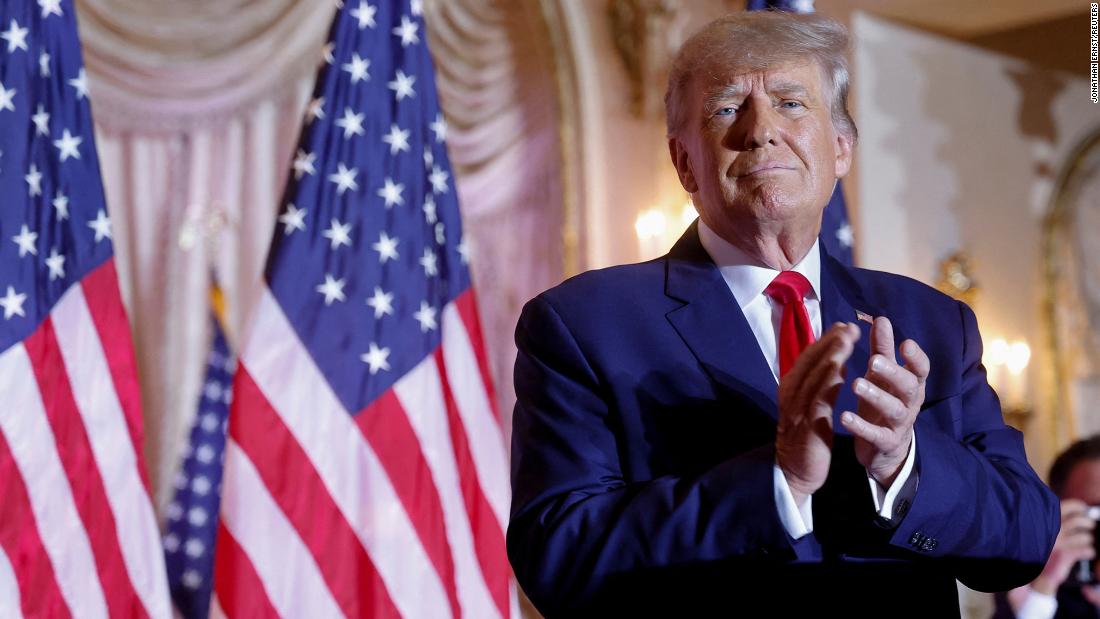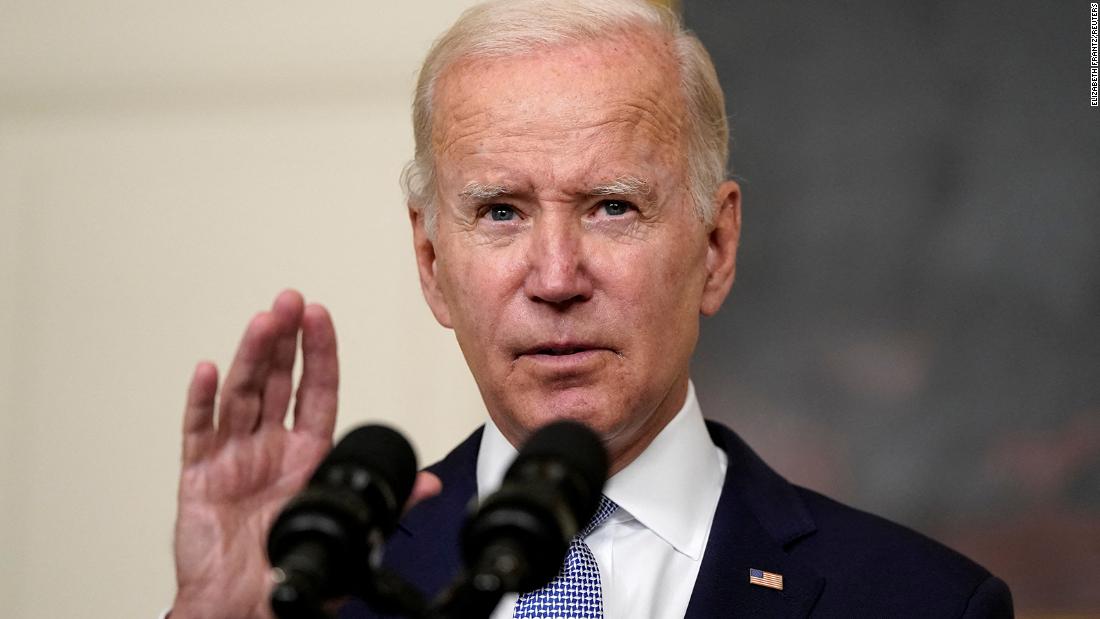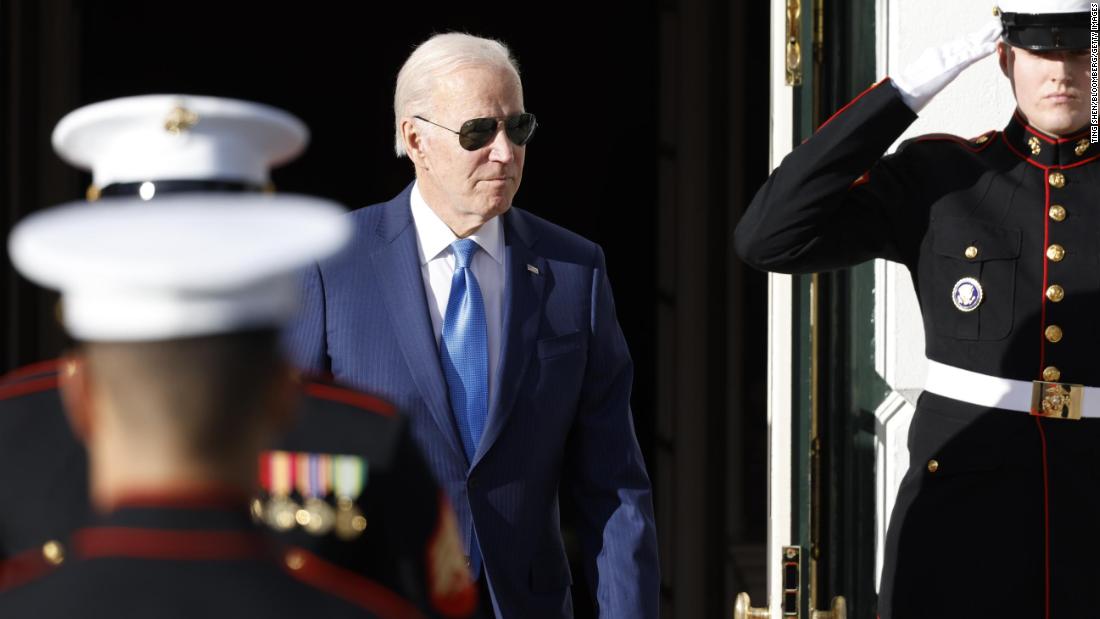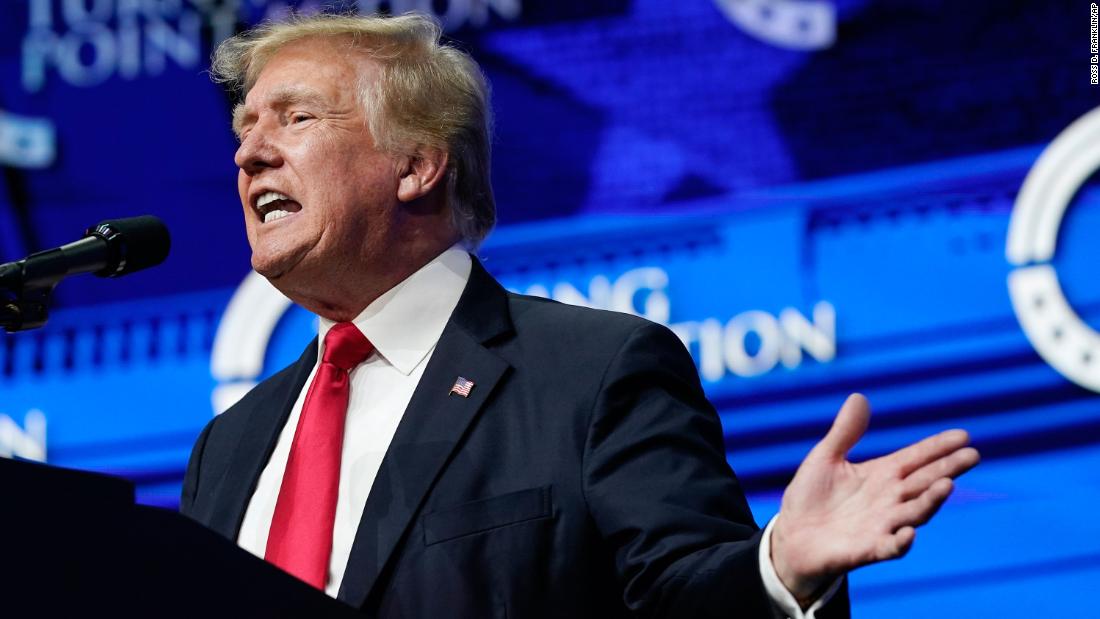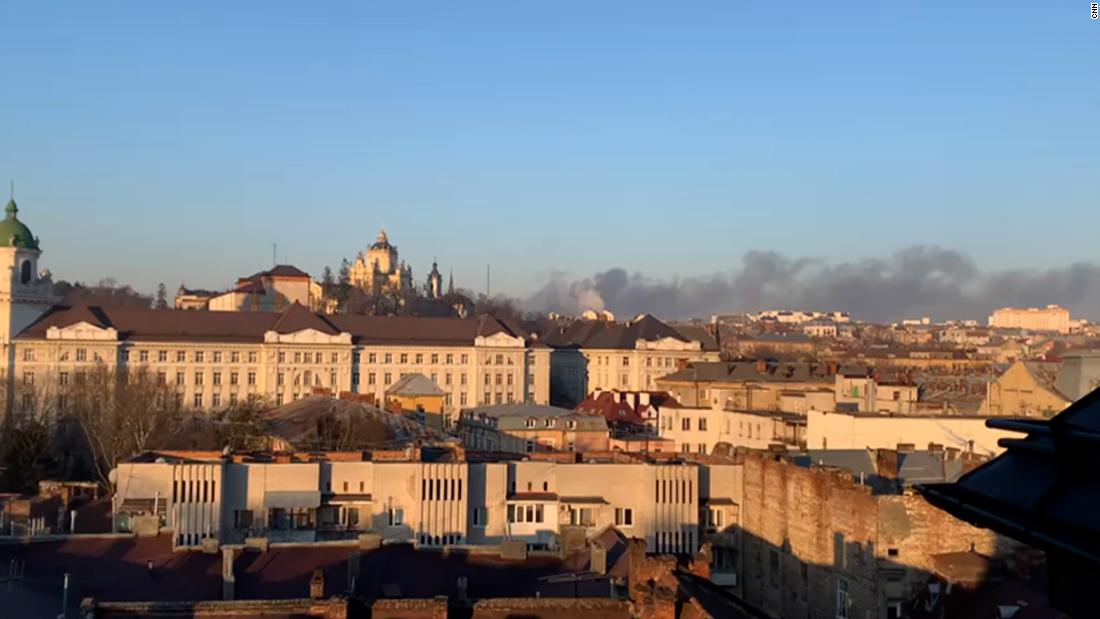Putin preparing for protracted conflict, US intel chief says
• Analysis: Finland is on the verge of asking to join NATO. That's bad news for Putin
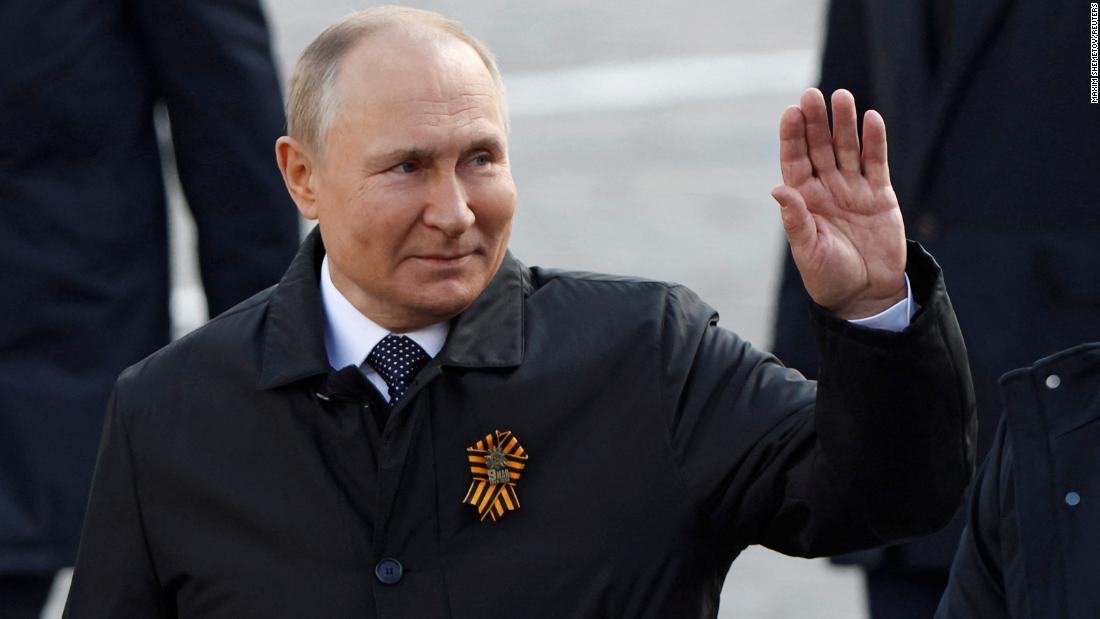
US national intelligence director says Putin is preparing for a protracted conflict. Here's what we know
From CNN's Katie Bo Lillis and Michael Conte
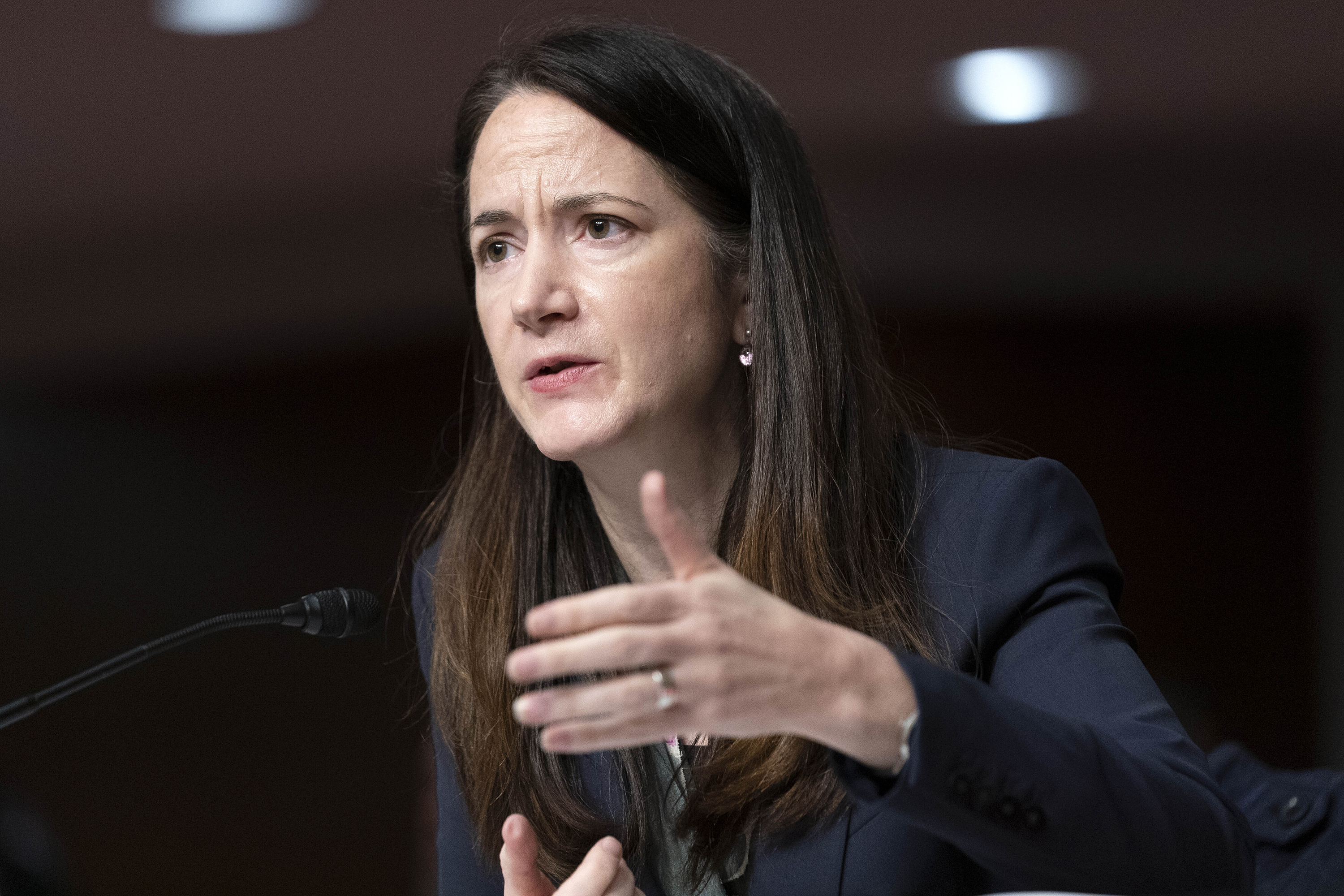
The US intelligence community believes that Russian President Vladimir Putin’s war in Ukraine is likely to become “more unpredictable and escalatory” in the coming months, the nation’s director of national intelligence told Congress on Tuesday.
Here's what to know about Avril Haines' remarks:
- Uncertain future: Speaking to the Senate Armed Services Committee on Tuesday, Haines painted a grim and uncertain picture of the next phase of Putin’s months-old invasion. She said his next move will be difficult to predict in part because “Putin faces a mismatch between his ambitions and Russia’s current conventional military capabilities.”
- Escalation: Haines said the situation on the ground could "increase the likelihood that President Putin will turn to more drastic means." That could include "including imposing martial law, reorienting industrial production, or potentially escalatory military actions."
- Nuclear weapons: She told lawmakers the intelligence community does not believe Putin would turn to the use of nuclear weapons unless he felt there was an existential threat to Russia. Lt. Gen. Scott Berrier, the head of the Defense Intelligence Agency, also said specifically that the US does not anticipate Russia moving imminently to use a tactical or battlefield nuclear weapon.
- Eastern offensive: Haines' comments come as intense fighting continues in the east of Ukraine, where Russia is trying to capture territory. The intelligence community believes Putin's goals extend far beyond the eastern Donbas region, however. "Even if they are successful, we are not confident the fight in Donbas will effectively end the war," Haines said.
- In the near term: Putin, she said, wants to capture the two eastern regions of Donetsk and Luhansk, control the city of Kherson and potentially extend a land bridge around the southern rung of the country to Transnistria, a Russian-backed region in Moldova. But to reach Transnistria, the intelligence community believes that Putin would need to launch a full mobilization inside Russia, a step he has so far not taken.
- Peace talks: “As both Russia and Ukraine believe they can continue to make progress militarily, we do not see a viable negotiating path forward, at least in the short term,” Haines said.
House passes $40 billion Ukraine aid bill. It now needs Senate approval
By CNN's Clare Foran, Annie Grayer and Ellie Kaufman
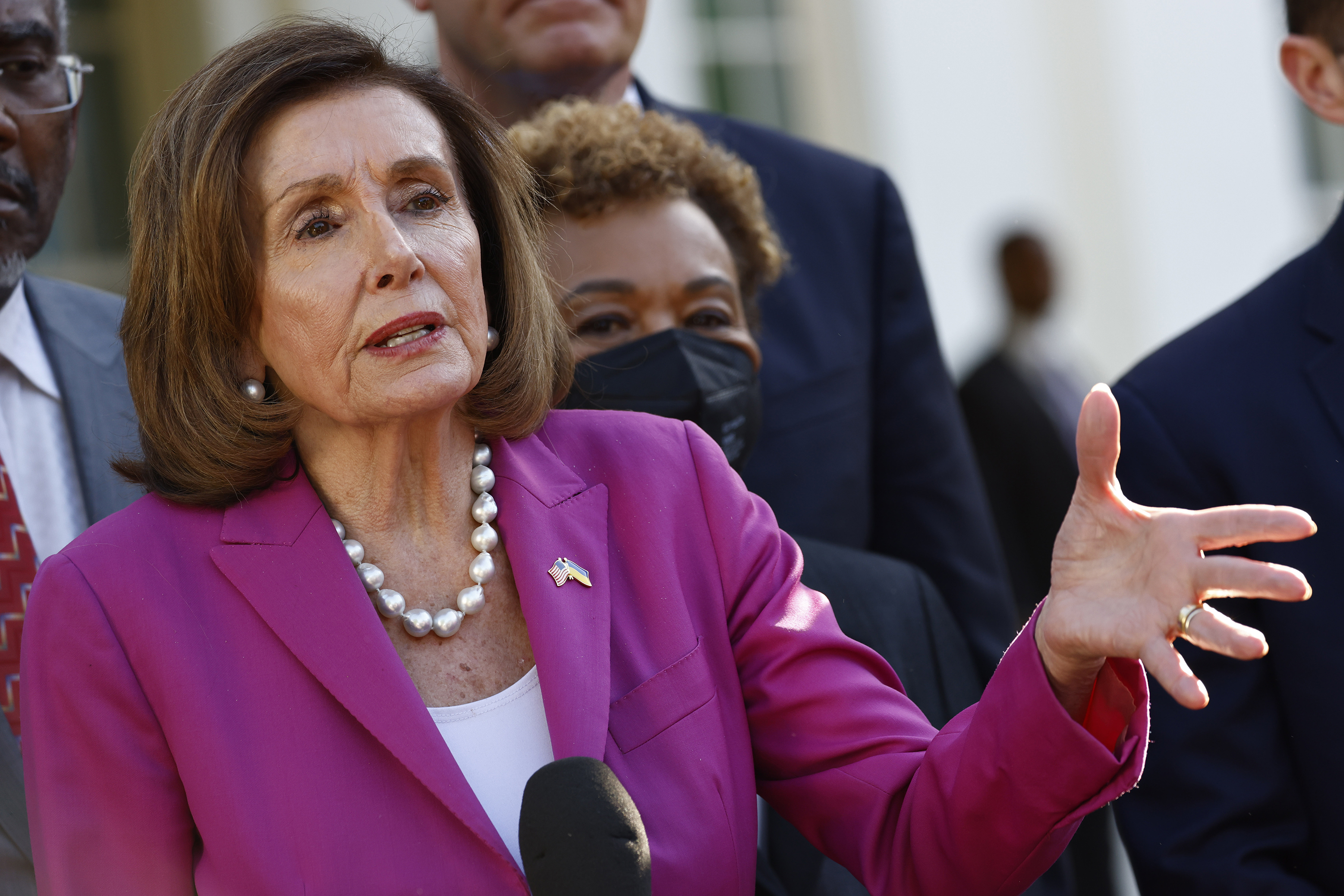
The Democratic-led House of Representatives voted on Tuesday evening to pass a roughly $40 billion bill to deliver aid to Ukraine as it continues to face Russia's brutal assault.
The measure will next need to be passed by the Senate before it can go to President Joe Biden to be signed into law.
Senate Majority Leader Chuck Schumer said earlier in the day that after the House approved the package, the Senate "will move swiftly" to get the measure passed and sent to Biden's desk.
Aid to Ukraine has been a rare bright spot of bipartisanship on Capitol Hill with Democrats and Republicans largely rallying around a call to help the nation as it faces Russian attack.
Lawmakers unveiled the bill text earlier in the day ahead of the House vote. The legislation the House approved provides funding for a long list of priorities, including military and humanitarian assistance.
The bill includes an increase in presidential drawdown authority funding from the $5 billion the Biden administration originally requested to $11 billion. Presidential drawdown authority funding allows the administration to send military equipment and weapons from US stocks. This has been one of the main ways the administration has provided Ukrainians with military equipment quickly over the past 75 days of the conflict in Ukraine.
Read more here:
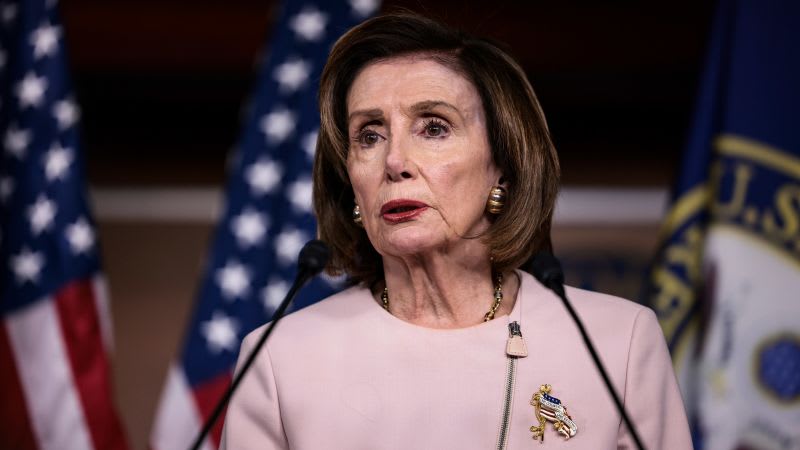

 Landwebs
Landwebs 







